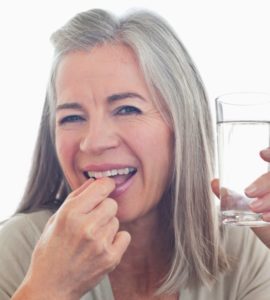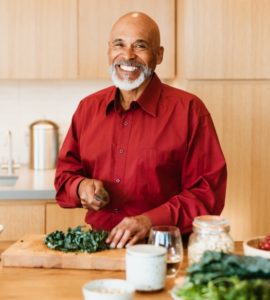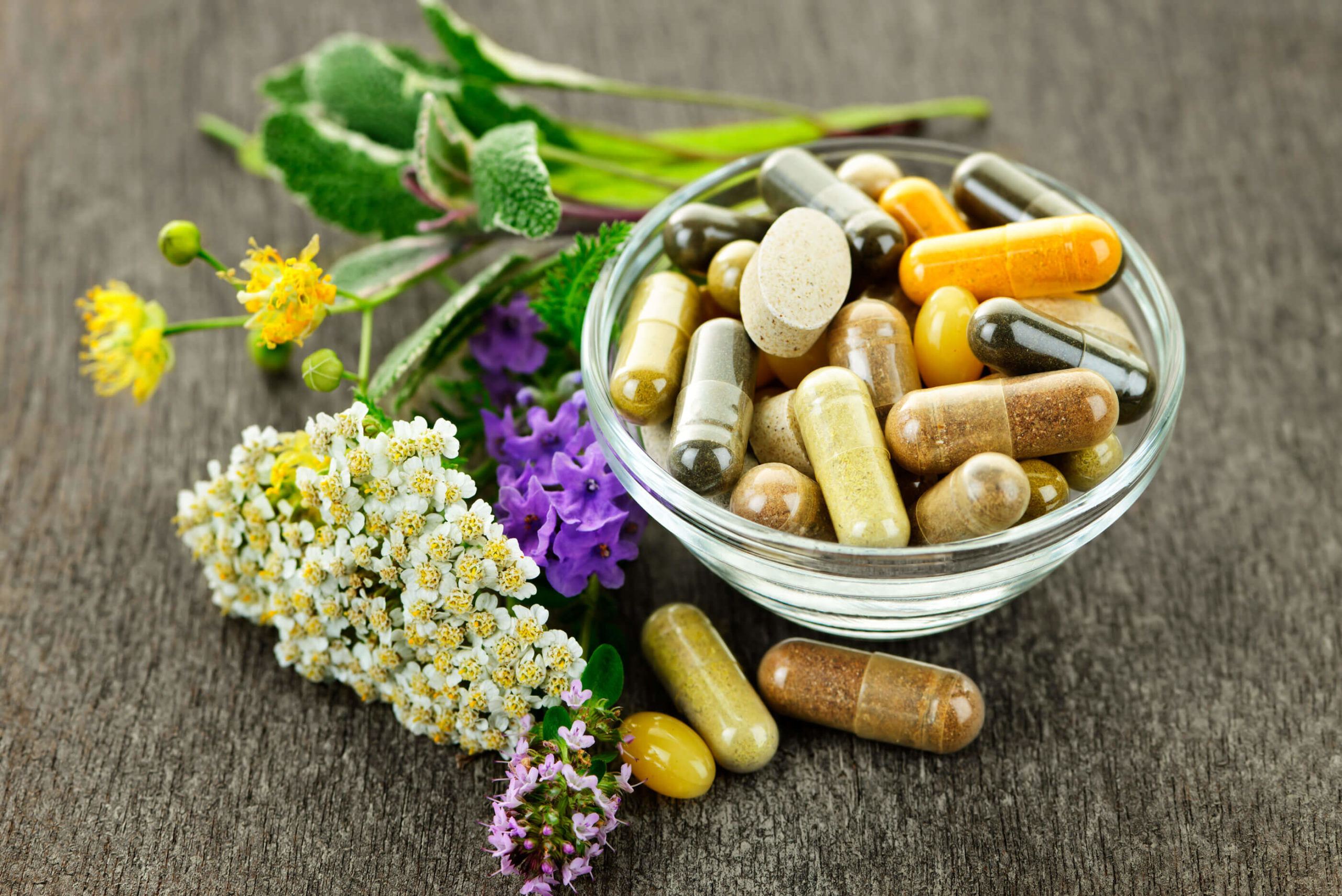Wellness Check
The Great Vitamin Debate – Yea or Nay?
Dec 2021 | By Catherine Daley
Vitamins and Supplements – Nutrition Check
 It’s a controversial topic, and just like anything, you can find people who support taking vitamins and those who are totally against them. It makes sense that, as we age, we will experience a depletion of any number of nutrients. Our appetites may be waning, and it might be impossible for our bodies to absorb all that is required.
It’s a controversial topic, and just like anything, you can find people who support taking vitamins and those who are totally against them. It makes sense that, as we age, we will experience a depletion of any number of nutrients. Our appetites may be waning, and it might be impossible for our bodies to absorb all that is required.
Shane Griffin is a Certified Nutritional Practitioner (CNP), a Registered Orthomolecular Heath Practitioner (ROHP), and the founder and CEO of Vitamin Patch Club.
Now in his fourth year of operation, Griffin has been studying and researching all things vitamins. We asked him the tough questions.
If you eat a healthy diet, you don’t need vitamins – right?
There are some conditions where this might be true. I work with pro athletes, and they have to follow protocols to ensure as close to a perfect balance as possible. However, for the general public who are buying their groceries at the market, and lead busy lives, meeting the requirement can be very difficult. Some studies show that 92 per cent of North Americans have a vitamin deficiency. Part of the problem is that our soil is less dense in nutrients than it used to be, resulting in food that is less dense in nutrients.
Read the article to see if you have vitamin deficiency >
Can vitamins give you a false sense of security to an unhealthy lifestyle?
 Absolutely. Vitamin supplements are just that – a supplementation for gaps in our nutrition. As a holistic practitioner, I strongly believe that we can manage a great deal with what the earth provides us. However, you need to be accountable and take care of your body with exercise, as well as your mind with stress management. Vitamins can assist you, but nothing ever outperforms a positive lifestyle.
Absolutely. Vitamin supplements are just that – a supplementation for gaps in our nutrition. As a holistic practitioner, I strongly believe that we can manage a great deal with what the earth provides us. However, you need to be accountable and take care of your body with exercise, as well as your mind with stress management. Vitamins can assist you, but nothing ever outperforms a positive lifestyle.
Do we just end up with expensive urine when we take vitamins?
Sadly, this can be true. Our digestive tract has barriers of entry and our liver is efficient in removing foreign particles in our blood. Bioavailability refers to the extent, and the rate, at which an oral medication enters systemic circulation. With an oral vitamin it’s between 15 and 30 per cent.
There are other, more-absorbable, ways to get a higher rate of bioavailability, especially with vitamin infusions or IV vitamins. This method requires a needle and about an hour of your time. And then there’s the transdermal method, which is the application of a medicine or vitamin through the skin. With a vitamin patch, the ingredients are time released for greater absorption – up to 98 per cent.
Are all vitamins natural, and have side effects ever been reported?
This is an interesting question because there are companies, like us, who follow very strict contact tracing, and source as natural as we are able to. Some companies sell synthetic versions that are made and packaged overseas. Without strict guidelines, cross contamination can happen, which may cause issues for the consumer.
Do doctors routinely prescribe vitamins?
It depends on the GP. Most doctors understand the marriage between holistic doctoring and pharma doctoring. I often advise clients to speak to their doctor before I suggest something.
Describe how vitamin patches work
Similar to a nicotine patch, the transdermal drug delivery system is a technique that provides drug absorption via the skin. After small-batch testing, we developed a multi-layered patch. The top layer serves as a protectant, the middle layer contains the nutrients, and the third layer is applied to the skin.
Vitamins are water soluble, so when we perspire, the vitamins are released onto the epidermis. Our pores are marginally larger when we perspire, which allows the nutrients to attach to the tiny hairs on our body. Hair is used as a vehicle to the capillary system, which is connected to the circulatory system. At that point the vitamins are where they need to be – in our blood stream.
What are the benefits over oral supplements?
-
Better absorption
-
No additives or fillers
-
No upset stomach
-
More convenient
-
True time-release
When asked about recommended supplements for those who are over the age of 55, and might not be getting all of their nutrients, Griffin suggested taking Vitamin D, iron and zinc. Of course, check with your doctor first.

